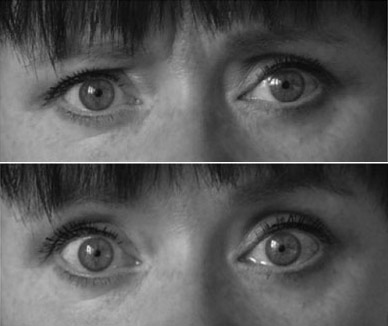
© stock.xchng
No matter if you're a believer, thinking about God and religion may turn you into a slacker, according to a new study.
"More than 90 percent of people in the world agree that God or a similar spiritual power exists or may exist,"study researcher Kristin Laurin of the University of Waterloo in Canada, said in a statement. "This is the first empirical evidence that simple reminders of God can diminish some types of self-regulation, such as pursuing one's goals, yet can improve others, such as resisting temptation."
Even for those without a
personal belief in God, U.S. culture is saturated with religious references and imagery that could impact them, Laurin said. The study's results were independent of the participants' religious beliefs. Even without knowing it, these signs and signals can have a psychological effect.
A Gallup poll in May found that more than nine out of 10
Americans believe in God. These numbers drop for groups of younger Americans, liberals, those living in the Eastern United States, those with postgraduate educations and political independents. However, belief in God is nearly universal among Republicans and conservatives and, to a slightly lesser degree, in the South.


Comment: Here are some articles that point to the foods that are the human body's and mind's most optimal fuel, the reasons for that, and also the answers as to why you might have never heard about it:
The problem with the Saturated Fat is Bad Message
Fat Head: Big Fat Lies
Saturated Fat is Good for You
Why Is Fattier Grassfed Meat Best?
Why Humans Crave Fat